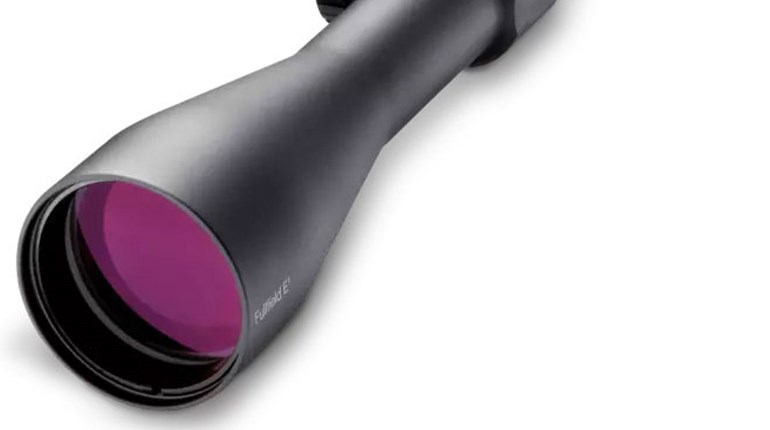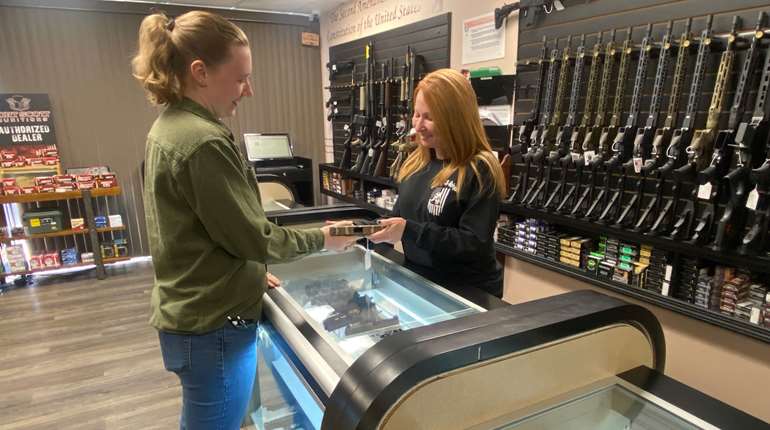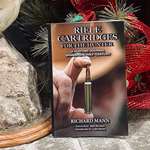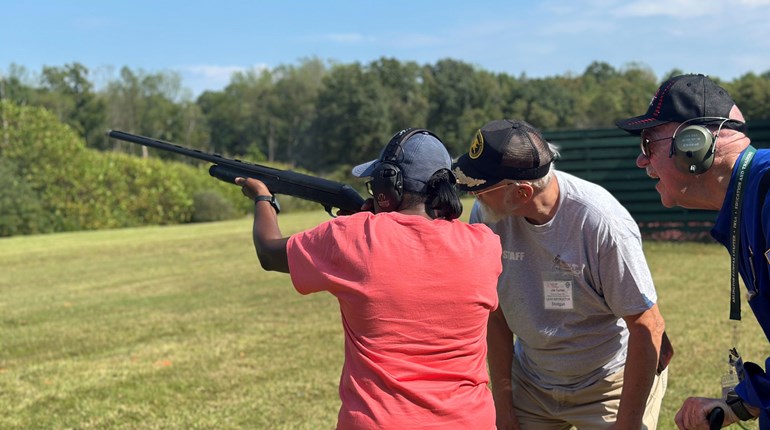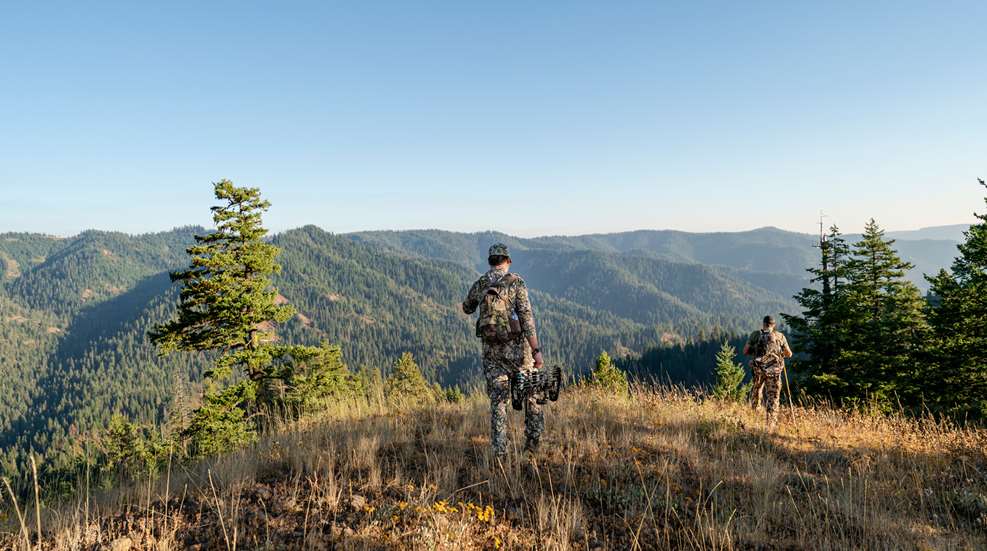
This situation happens more than you might expect, especially on crowded public land. A hunter is sitting on stand when a deer comes limping by with a fresh wound. The hunter shoots it, kills it and is standing over it about to start field-dressing when another hunter approaches, saying he shot the deer first and blood-trailed it to this spot. Now what?
There are no hard-and-fast rules that govern this situation. The ideal way to handle it is to talk it out peacefully—if you’re both adults about it, likely one hunter will concede and just give up the deer. If the first shot looks like it would have proved fatal within a matter of hours, I personally would lean toward letting the first hunter have the deer. If the first shot was a superficial wound to a leg and the deer likely would have lived, I lean toward the second hunter keeping the deer. Talk it out if you can. Flip a coin if you have to. Whatever you do, don’t get into a serious fight with an armed stranger in the woods over an animal (or anything else).
If you can’t come to an agreement, call a game warden and seek his or her advice on what to do. These situations have actually gone to court in the past, with varying results, but you can’t just leave the deer in the woods while a court case is pending. Someone has to take it that day to avoid the meat spoiling and the antlers being chewed on or lost, and that someone should probably be the game warden or maybe the landowner, if this happens on private land.
It's anyone’s guess how a court case would shake out, but there are some legal precedents. It’s a bit of an established rule that the person who inflicted the killing (second) shot gets the deer, but not every case ends up that way, especially when there is evidence that the first shot would have proved fatal. In a 1914 case that went to the Wisconsin Supreme Court, Liesner vs. Wanie, regarding a wolf that one hunter wounded and another hunter killed, the court ruled that, “When a wild animal is brought under the control of a person so that actual possession is practically inevitable, a vested property interest in it accrues which cannot be divested by another’s intervening and killing it.” In that case, the first hunter was given the animal because he was found to have pretty-much-but-not-quite-yet taken possession of it before it was finished off by the second hunter.
On the other hand, in the 1940s, a hunter named Hanson wounded a deer that ran away. Another hunter, named Sutter, killed the injured deer. As quoted in the Arkansas Democrat Gazette, “‘Hanson claims ownership on the ground he was pursuing and had wounded the deer,’ the court explained, ‘and was therefore entitled to possession of it, even if the mortal wound was given by Sutter. The controlling principle of the common law is that a huntsman acquires no title to any wild animal by pursuit alone, even though there is wounding, unless the animal is followed and reduced to actual possession. Sutter ‘beat him to it,’ and Hanson must accordingly endure his loss.’” In other words, the court gave the deer to the second hunter because he killed it and the first hunter basically hadn’t caught up to it in time.
You probably do not want to end up with a pile of legal fees and months or years of your life spent in court over an animal. That’s an option as a last resort if it’s important enough to you, but the best way to handle this dilemma is to work it out peacefully with the other hunter involved or to call a game warden to mediate the situation and agree to abide by his or her suggestion.












